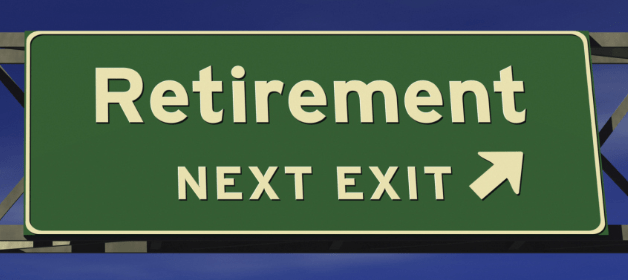Measured Risk – this is usually the determining factor in how we view our client’s portfolios. We take a snapshot of the stage of life you’re in and put together a plan that will suit your needs for the short and long term. Often times we get asked, “How do I know if a portfolio is appropriate for me?” Let’s take a look at what determines whether you are better suited for stocks or bonds.
Stocks – the dictionary describes stock as: the capital raised by a business or corporation through the issue and subscription of shares. When I think of stock, I think of growth. Owning stock, or fractional shares in a company, gives you the opportunity to participate in the benefits and growth that a company may experience. Good companies pay the owners dividends and the really good companies regularly increase their dividends. Owning a stock doesn’t guarantee it’s going to make money, as history has shown us, but one that generates dividends generally is a lower risk option than one that doesn’t.
When you evaluate whether you are more like a stock or a bond, it comes down to your goals, objectives, time horizons and quite frankly… risk tolerance. If you an investor that is ok to go on a roller coaster ride of highs and lows, then you can take comfort in investing in stocks. The stock market fluctuates frequently because investors have the ability to sell or buy stock at any time. Naturally, this will create movement in the market and overall price of a stock. Imagine what the housing market would look like if people could just click a button and sell their house? It would make for a very volatile market and a lot of uncertainty. Historically, owning stocks has been what’s contributed to the most growth in client portfolios. Having good portfolio managers pick the right stocks to own is the key to realizing that growth.
Bonds – inversely when I think of a bond, I think of stability. If you have ever gone to a bank, and asked for a loan then you will have a pretty good understanding of how a bond works. The bank loans you the money at a fixed rate (%) and you agree to pay the loan back to the bank over a set period of time along with interest. To put it simply, with bonds you’re the bank and you are lending your money out and getting back a fixed rate of interest/return on your money. When you buy a bond you are lending money to governments and corporations. By definition, a bond is an instrument of indebtedness of the bond issuer to the holders. Bonds are well suited for clients who are close to, or already in retirement.
A rule of thumb, is that the percentage of bonds you have in your portfolio, should replicate your age. The logic being, that your portfolio should be more conservative the older you get to preserve your investment. Bonds are generally predictable and actually work contrary to interest rates. When bond prices are high, interest rates are low and vice versa. If you are a conservative investor then bonds just might be the right fit for you. Portfolio managers are still able to see value and yield for their investors through prudent money management.
To conclude, it comes down to measured risk. How are you willing to invest your portfolio, based on your goals, aspirations and more importantly…risk? There is no correct answer on what path to take; it all comes down to how you get there. Working with a team of Financial Advisors and Portfolio Managers will give you the freedom to do what you enjoy and the give you the peace of mind knowing that your stocks and bonds are looked after.
If you have any questions on how these changes may affect your financial future, do not hesitate to contact us!
Connect Wealth is an independent financial planning firm that offers holistic advice to clients based on their current goals and future aspirations. We use well-established workflows and cutting edge technology to maximize financial efficiencies while simplifying the process for clients. Learn how you can maximize your financial opportunities at connectwealthp.wpengine.com






 Singer Olfert Financial Group
Singer Olfert Financial Group